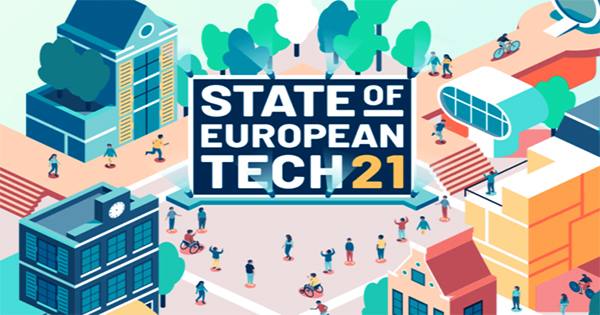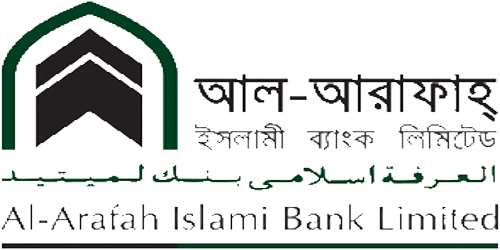What exactly is a start-up? A question has been so thoroughly dissected that it feels like the only response is that it depends. That is reasonable. In the past, we could have declared that a private-market business no longer qualifies as a startup if its valuation reaches $1 billion. However, as a growing number of less mature firms are turned into unicorns by venture capitalists and crossover investors, that dividing line is becoming less rigorous.
The phrase “unicorn,” which is worth $1 billion, has lost much of its significance. It was originally a sign of a startup’s unusual success, a sign of a positive outlier to the point where the firm in issue merited the uplifting moniker. With 907 unicorns on the loose, the word now just means “startup that has to get its act together.” Which is less practical?

What about a deciding line of $10 billion? Would it be a good filter to apply to the millions of startup founders, separating the “must pay attention to” from the “businesses heating up” and the “potential but few tangible outcomes yets”? Yes, but only because there is not much else to do. Dan Primack used the word “dragons” for the group of businesses valued $10 billion or more earlier this year; Crunchbase News has a nice riff on decacorns here from earlier this week, which we’ll quote again momentarily; and the phrase “decacorn” is simply not new.
Due to tremendous rarity dilution, the term “unicorn” has lost its luster. Briefly, the startup game has altered in the last eight or nine years. In 2013, when Aileen Lee authored the piece that coined the phrase, there were fewer unicorns produced than there are decacorns now.
Here is a throwback to Lee: We discovered 39 firms that are members of the “Unicorn Club” (U.S.-based software companies founded in 2003 and the valued at over $1 billion by public or private market investors, according to our criteria). About.07 percent of venture-backed consumer and enterprise software businesses fall into this category.
















